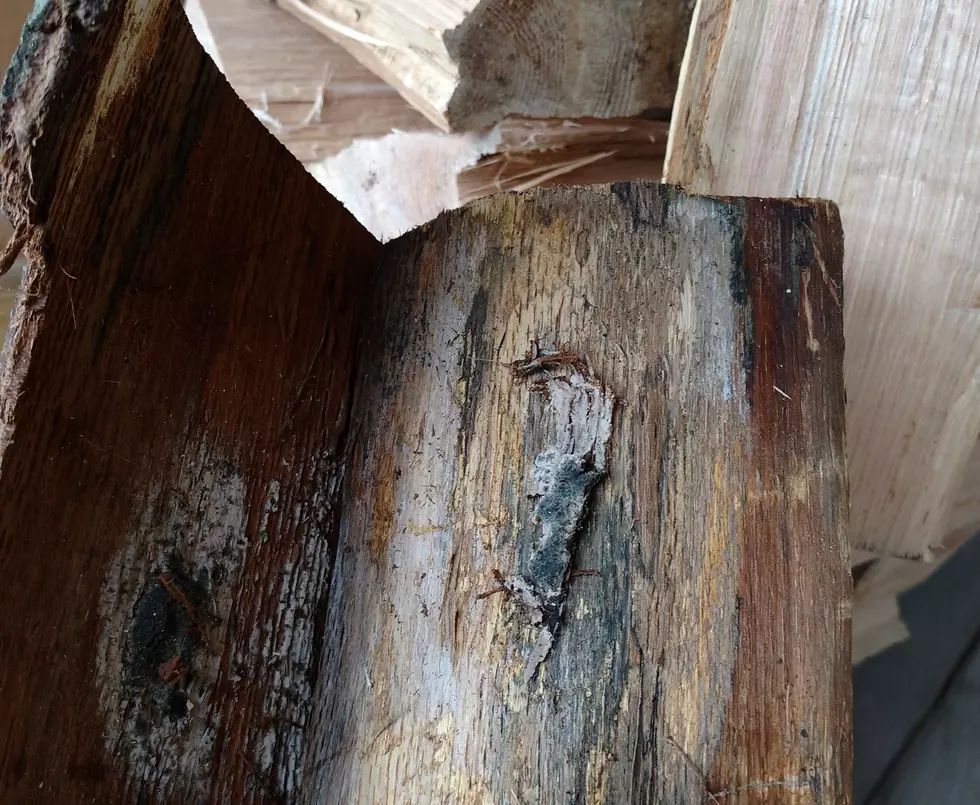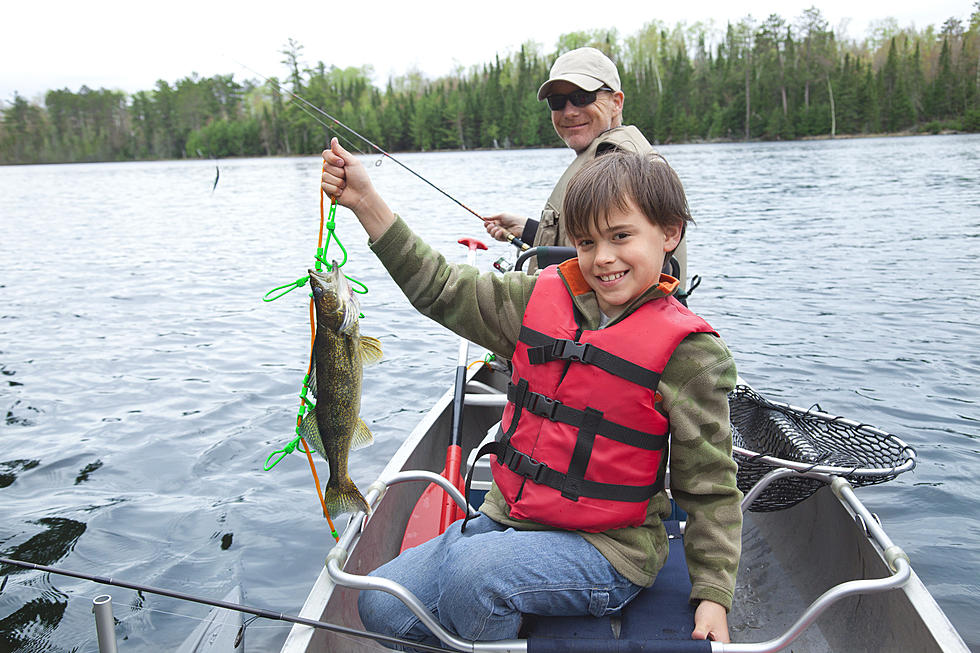
Protect Our Trees. Don’t Move Firewood
It seems like all we do is fight bugs these days. With some, like COVID-19, it’s hard to know what to do. They’re working on it. Mosquitoes are hard to deal with too, as they carry all kinds of things. Remember EEE last fall? State officials are cautioning us to wear bug repellent to protect from West Nile and other “bugs.” Well, now comes another “Bug Warning”, just in time for camping season. But there’s a simple thing you can do to help stop these bugs from spreading through Michigan’s beautiful forests: Leave firewood at home!
The Michigan Department of Agriculture and Rural Development is reminding us about the risk of accidentally spreading invasive species while moving firewood. New infestations of invasive pests or diseases can be devastating and pose a serious threat to Michigan’s agriculture, forests, and the environment.
Remember the Emerald Ash borer? Starting in 2002, it has pretty much wiped out the Emerald Ash trees in the lower peninsula. They’re still trying to contain it in the U-P. Now there are concerns about the mighty oak.
The DNR says harmful invasive species, some of which are invisible to the naked eye, can hide in or on firewood. While most cannot move far on their own, these pests and diseases can be transported undetected on travelers’ firewood, starting new infestations in locations hundreds of miles away. These invasive species threaten native tree species without natural defenses against these pests and diseases. Infestations also can destroy forests, lower property values, and cost huge sums of money to control.
“It is nearly impossible to detect diseases – like thousand cankers disease, which affects walnut trees, or oak wilt in oak trees – just by looking at the wood,” said Mike Philip, director of MDARD’s Pesticide and Plant Pest Management Division. “Never assume wood appearing uninfested is safe to move.”
Jason Fleming, chief of resource protection and promotion in the Michigan Department of Natural Resources Parks and Recreation Division, said awareness of these tree pests and diseases and a commitment to not move firewood are especially important at Michigan’s state parks, where many trees and forested areas have been devastated.
“As camping resumes this year, we urge all campers to look to purchase firewood at the state park campgrounds, rather than bring wood with you,” Fleming said. “Typically, the firewood sold at state parks is affordable, locally sourced, or heat-treated to eliminate pests and diseases."
One way MDARD safeguards Michigan’s natural resources against harmful insects and diseases is through plant pest quarantines, which limit the movement of certain plant material within, into or out of the state.
“Over the last hundred years, invasive pests have killed tens of millions of trees in forests, cities, and communities across the country,” added Philip. “Quarantines can help limit the movement of potentially infested wood, but everyone has to do their part to stop or slow the spread of invasive species.”
To limit the spread of invasive species, leave firewood at home and:
- Use firewood certified as heat-treated.
- Buy firewood at your destination. It helps the local economies too!
- Burn all wood on-site and do not take any home or to a new location. Pay it forward! Leave some wood for the next camper!
- Know the pest quarantines in your area.
Additional information is available at Michigan.gov/Invasives and on MDARD’s plant pest quarantine webpage.
Michigan's Invasive Species Program is cooperatively implemented by the Department of Environment, Great Lakes, and Energy, the Department of Natural Resources, and the Department of Agriculture & Rural Development.

Check out these 50 fascinating facts about dogs:
More From WKMI









